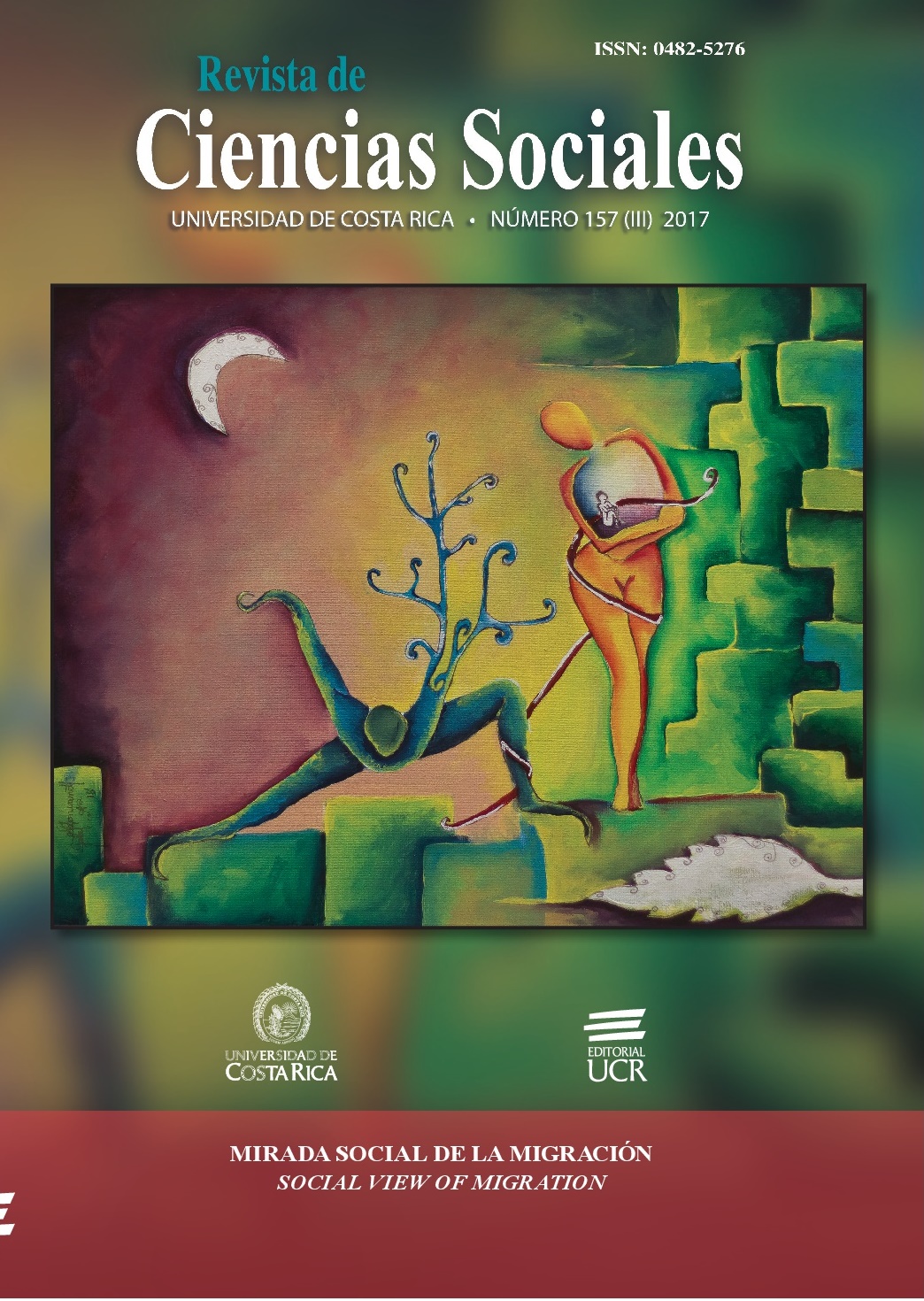Abstract
At the end of the nineteenth century, Nicaragua was linked in a stable way to the world economic system, which allowed the arrival of new cultural products and practices, among them sport. In this way, the central objective of this article is to analyze the role of sport in the sociability of Nicaraguan social sectors, the role of the State and the Catholic Church in social control and the promotion of this activity, as well as the identities which promoted and reinforced the sport during the years 1901-1924. For this analysis were considered the main newspapers of national circulation and the Diario Oficial. Among the main conclusions, baseball is emphasized as the sport that most quickly identified with the Nicaraguan population because it began to lose its class character and the working population began to take part in its practice.


